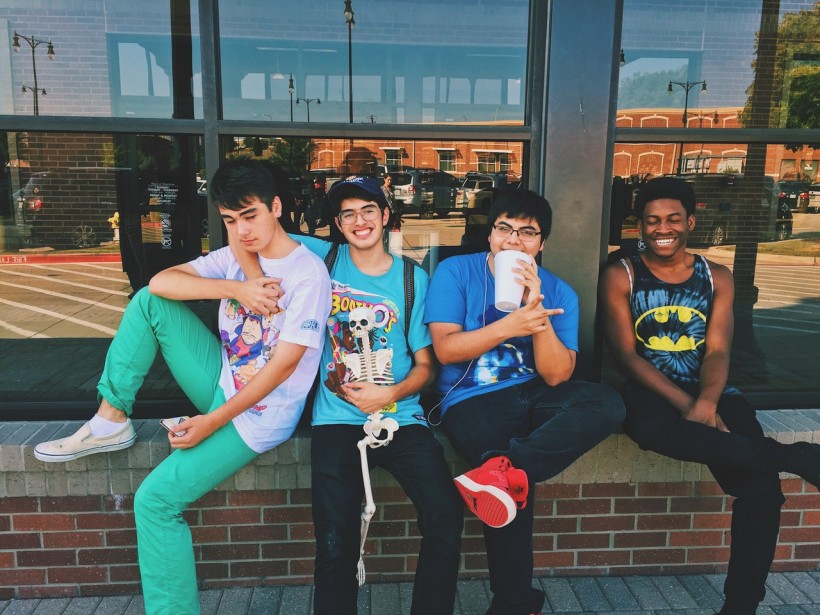
(Photo : Photo by kat wilcox from Pexels)
Many people believe that kids will do whatever they want regardless of how their parents and teachers try to guide them through life. While this might be true for some kids, it's not necessarily true for all kids.
While many teenagers automatically reject all advice from adults, some kids actually take it in and consider what they're told. However, when it comes to drugs and alcohol, the big question is whether or not peer pressure overrides the sense to consider that advice.
There are 3 ways teens can comprehend the consequences of drug and alcohol
If parents, teachers, or school programs are going to reach teenagers regarding the effects of drugs and alcohol, there are three main ways to get the message across.
1. Explain the consequences verbally
Explaining consequences verbally is the most common way parents try to get their kids to understand how drugs and alcohol can be dangerous and deadly. However, explaining things verbally isn't enough.
Most teens have probably already tried alcohol or drugs by the time their parents get around to talking about the subject. This makes it harder to get through. If a teenager didn't have a bad experience, they're going to think their parents are exaggerating. After all, having a couple of beers at a friend's house is hardly going to make a teenager believe alcohol can be dangerous.
Teenagers don't have the experience to understand that beer isn't the problem - it's that a lack of self-control and awareness can lead to drunk or drugged driving or getting into a car with a drunk driver.
You can explain that driving drunk or drugged is considered reckless driving, which can lead to serious and fatal accidents. However, most teens will brush it off because they can't see themselves being that careless. They don't understand how easy it is to make poor choices that lead to situations they can't imagine.
2. Show them the devastating consequences
Perhaps the most effective way to get the point across is to show teens the consequences in a way they'll never forget.
Most schools have programs designed to educate students about the dangers of drunk driving by showing graphic images and videos of fatal accidents. Some schools host speakers who survived a crash caused by a drunk driver hoping students will be impacted by a first-hand account.
Other school presentations aim to show teens that drug abusers die from overdoses and show videos of their friends and families grieving uncontrollably at their funerals.
It's not easy watching these presentations or hearing survivors speak. It's often an uncomfortable experience and that's the point. Teens need to be made uncomfortable if they're going to grasp the severity of the issue. They need to hear the story about the person who drove drunk because they "only lived a mile away" and ended up killing the speaker's best friend just a few blocks from their house.
As humans, we tend to remember messages better when they're accompanied by emotion. Messages that elicit negative emotions are often remembered far more intensely. Normally, it wouldn't seem fair to scare teens to get a message across, but there's no other choice when the consequences are life or death.
3. Direct experience
Sometimes teens experience the effects of alcohol and drugs first hand through direct experience. They might lose a family member or friend in a drunk driving accident. Or, they might have a friend who died from an overdose.
It's unfortunate when teens have to experience the consequences directly, but it's often the best deterrent for drug and alcohol abuse.
Creating an open, trusting relationship is the key to getting through to teens
Teenagers don't like listening to adults for a variety of reasons, but the main reason they don't listen is because they don't feel understood. Many teens feel like adults don't understand their lives because they're always trying to convince them their problems aren't really that big compared to the rest of the world's issues.
While that may be true, it doesn't mean issues teenagers experience aren't valid. Adults can reach teenagers on a deeper level by being more understanding and sympathetic to their circumstances.
If you want a teenager to listen to you about the dangers of drugs and alcohol, they need to see you as someone they can trust and someone who knows what they're talking about. That requires building a strong and open relationship first. It's not impossible - it just takes time.
* This is a contributed article and this content does not necessarily represent the views of hngn.com








